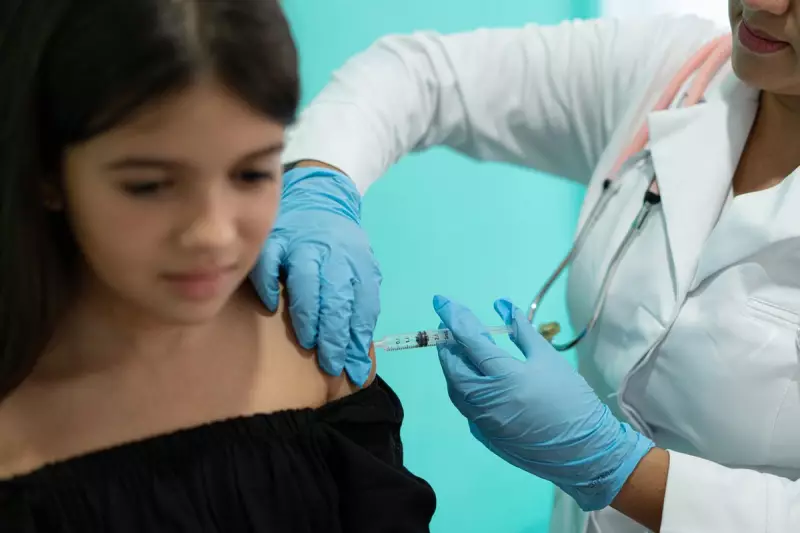
Health authorities are sounding the alarm as dengue fever cases reach unprecedented levels worldwide, posing significant risks to British travellers visiting affected regions. The mosquito-borne viral infection has seen a dramatic 400% increase in reported cases across Europe alone, with climate change creating favourable conditions for disease-carrying mosquitoes to establish footholds in new territories.
Recognising Dengue: Key Symptoms You Can't Ignore
Understanding dengue symptoms is crucial for early detection and treatment. The infection typically manifests within 4-10 days after a mosquito bite and presents with:
- High fever (often reaching 40°C/104°F)
- Severe headache, particularly behind the eyes
- Intense muscle and joint pain - earning its nickname 'breakbone fever'
- Nausea and vomiting
- Skin rash appearing 2-5 days after fever onset
- Mild bleeding from nose or gums
When to Seek Immediate Medical Attention
Approximately 1 in 20 dengue cases progresses to severe dengue, which can be life-threatening. Warning signs typically appear 24-48 hours after fever subsides and include:
- Severe abdominal pain or tenderness
- Persistent vomiting
- Bleeding from gums or nose
- Blood in vomit or stool
- Fatigue, restlessness, or irritability
Protecting Yourself: Prevention Strategies That Work
With no specific treatment available, prevention becomes paramount. UK health experts recommend:
- Using EPA-registered insect repellents containing DEET, picaridin, or oil of lemon eucalyptus
- Wearing long-sleeved shirts and long trousers in mosquito-prone areas
- Staying in accommodations with air conditioning or proper window screens
- Eliminating standing water where mosquitoes breed
- Using mosquito nets if sleeping in exposed areas
The Vaccine Landscape: What's Available for UK Travellers
While dengue vaccines exist, their availability and suitability vary. The Qdenga vaccine has shown promising results, but accessibility in the UK remains limited. Travellers should consult with travel health specialists at least 4-6 weeks before departure to discuss appropriate protection strategies.
As global temperatures rise and international travel resumes post-pandemic, dengue fever represents a growing health concern that demands increased awareness and proactive prevention measures from UK travellers and health authorities alike.





